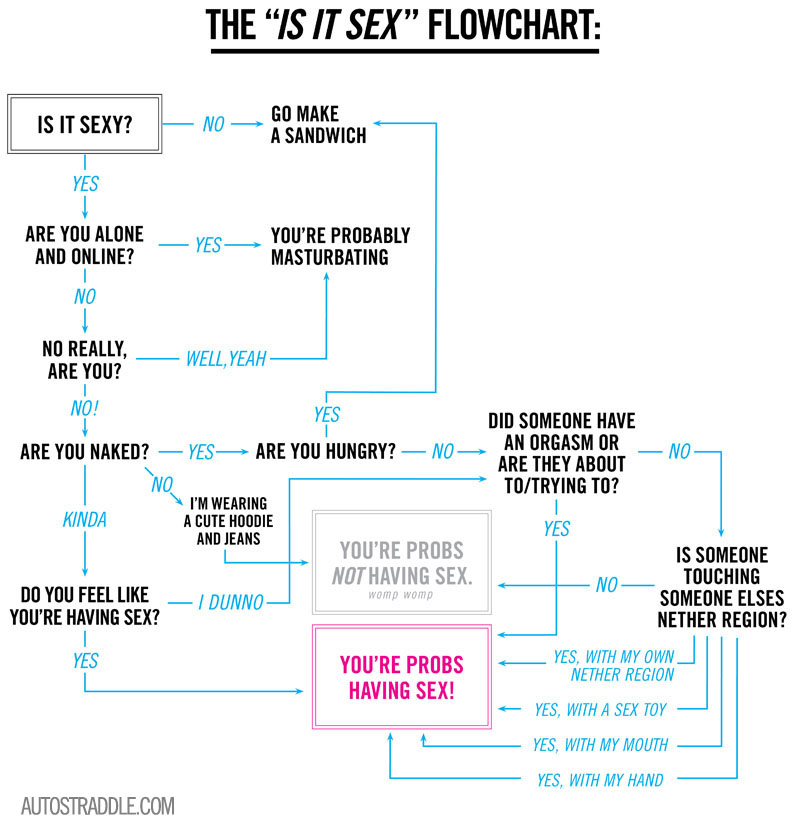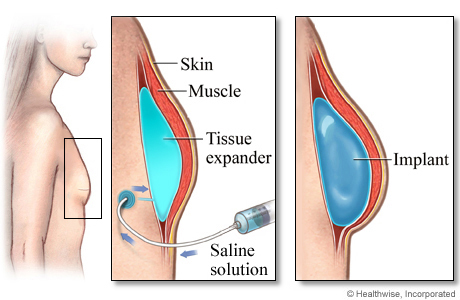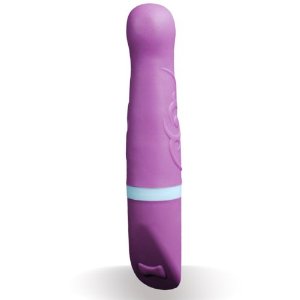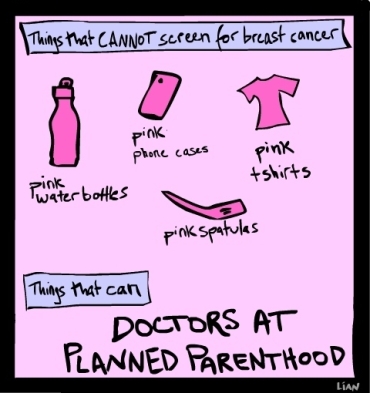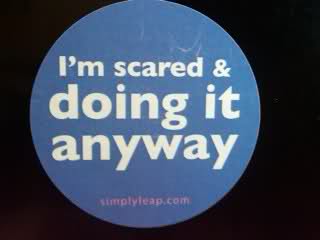I couldn't watch the trailer for the documentary, Bully, without tearing up. I hope that this movie shines a bright light on the serious and systemic problem of bullying and encourages dialogue, tolerance and education.
The movie made me think about a time in my life when I was bullied. In the hopes that more people will communicate about this topic, here is my story:
Geek. Prude. Nerd.
These were all words I was used to hearing in 9th grade. Sure, I had my group of good friends, but they were all in the band and on Academic Team like me. Other factors also influenced where I fit in – or didn’t – back in high school:
• I was a year younger than the rest of the class so I developed later than most.
• I was a teacher’s pet.
• We were one of the few non-Italian Catholic families in town.
• I identified as a feminist since kindergarten.
I had tried to talk to my mom about not fitting in before, but she believed that I would outgrow that like she did.
“Just ignore them,” she told me. “It won’t matter years from now anyway.”
One day in Spanish class, our teacher brought us all into the auditorium. (She was the point person for an assembly that afternoon on the Revolutionary War and needed to set up.) Our class was told to stand quietly in the back of the room for the entire period. A few of the popular girls started looking at the props for the assembly, and three of them picked up muskets.
It didn’t take long before the leader of the group turned her musket toward me and the other two girls followed. They pretended to take shots at my head, as they said things like:
“The world would be a better place if you were dead.”
"I wish there were real bullets in these guns."
This went on for 20 minutes.
I ignored them and just took it – part out of pride and part out of fear. The rest of the class was there, but no one said or did anything. The teacher was too far away to hear or see, and she never came back to check on the class.
A few days later, my father’s employer offered him the chance to move overseas. He vacillated about going, until I told him that I would join him. In less than a month, I was in Turkey and had reinvented myself.
I realize how many kids had and have it far worse than I did. I also know that 99.99% of bullied youth don’t have the luxury of making the problem disappear by moving halfway around the world.
I saw the ringleader at our 20th High School Reunion. I said hello to her, and left it at that. In the back of my head, though, I wondered if she was raising her child to be more tolerant than she was. I fervently hope so.
What are your thoughts on the documentary? Do you believe there should have been such a controversy over the movie's rating?
